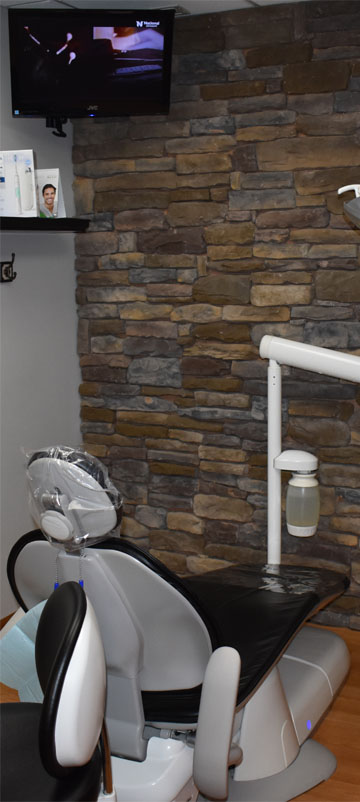 You’ve probably heard about fluoride since your childhood days. You know it’s in drinking water and in toothpaste, but what else do you know about it? Here are answers to some of the most frequently asked questions.
You’ve probably heard about fluoride since your childhood days. You know it’s in drinking water and in toothpaste, but what else do you know about it? Here are answers to some of the most frequently asked questions.
Q. Is fluoride natural or man-made?
A. Fluoride compounds occur in nature when an element called fluorine “combines with minerals in soil or rocks.”
Q. Why is fluoride in drinking water?
A. Mother Nature is responsible for some of the fluoride in drinking water. “Some fluoride compounds, such as sodium fluoride and fluorosilicates, dissolve easily into ground water as it moves through gaps and pore spaces between rocks.”
In addition, fluoride is added to drinking water because it is an “effective, safe, and inexpensive way to prevent tooth decay. Fluoridation benefits Americans of all ages and socioeconomic status.”
Q. How does it prevent tooth decay?
A. It protects the teeth against “acid attacks from plaque bacteria and sugars in the mouth.” It is even effective in reversing early decay. Fluoride is important for everyone, but especially for children who are growing permanent teeth: “Fluoride becomes incorporated into the development of permanent teeth, making it difficult for acids to demineralize the teeth.”
Q. Does drinking water provide all the fluoride people need?
A. For people who “are at low risk of dental decay,” drinking fluoridated water and keeping up with a regimen of brushing two times per day with a fluoride toothpaste should be the perfect recipe to remain free of cavities. However, when people are at “high risk of dental decay,” they may need additional fluoride, such as “dietary supplements…, mouthrinses, and professionally applied gels and varnishes.” It’s important to note that you should always check with the dentist before increasing your fluoride intake.
Q. Does it work?
A. “Fluoridation of community water has been credited with reducing tooth decay by 50% – 60% in the United States since World War II.”
Q. What are the other ways to apply fluoride to the teeth?
A. In some communities, fluoride levels are lower, so dentists or dental hygienists recommend other ways to protect the teeth. Brushing with toothpaste that contains fluoride is a common and relatively simple and inexpensive way to protect the teeth. In some cases, dentists recommend over-the-counter mouth rinses or write a prescription for a more highly-fluoridated version. “A dentist … can also apply fluoride to the teeth as a gel, foam, or varnish.” Finally, fluoride can be administered through a supplement.
Q. What should people know if they’re using extra fluoride?
A. It’s important to follow the instructions, especially when it comes to dosing. In other words, “Do not take more or less of it or take it more often than prescribed by your doctor.”
Q. Do people still have to brush if they’re using fluoride?
A. Yes. It’s essential to brush and floss daily, no matter what.
If you have any more questions about fluoride, please let us know. We’d be happy to answer them and to provide you with any additional information that would be helpful to you. Our commitment to helping you care for your teeth doesn’t end when you walk out the door. We want to help you maintain your oral health between appointments, too.



